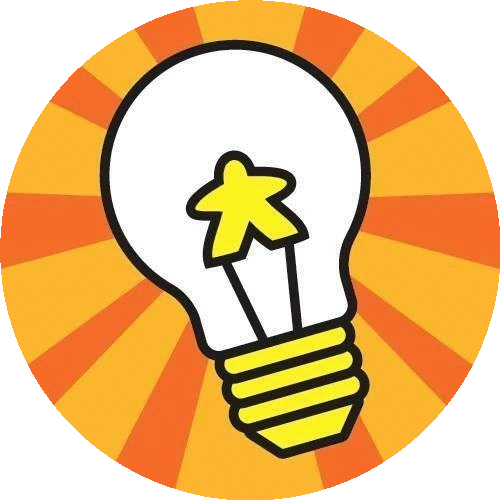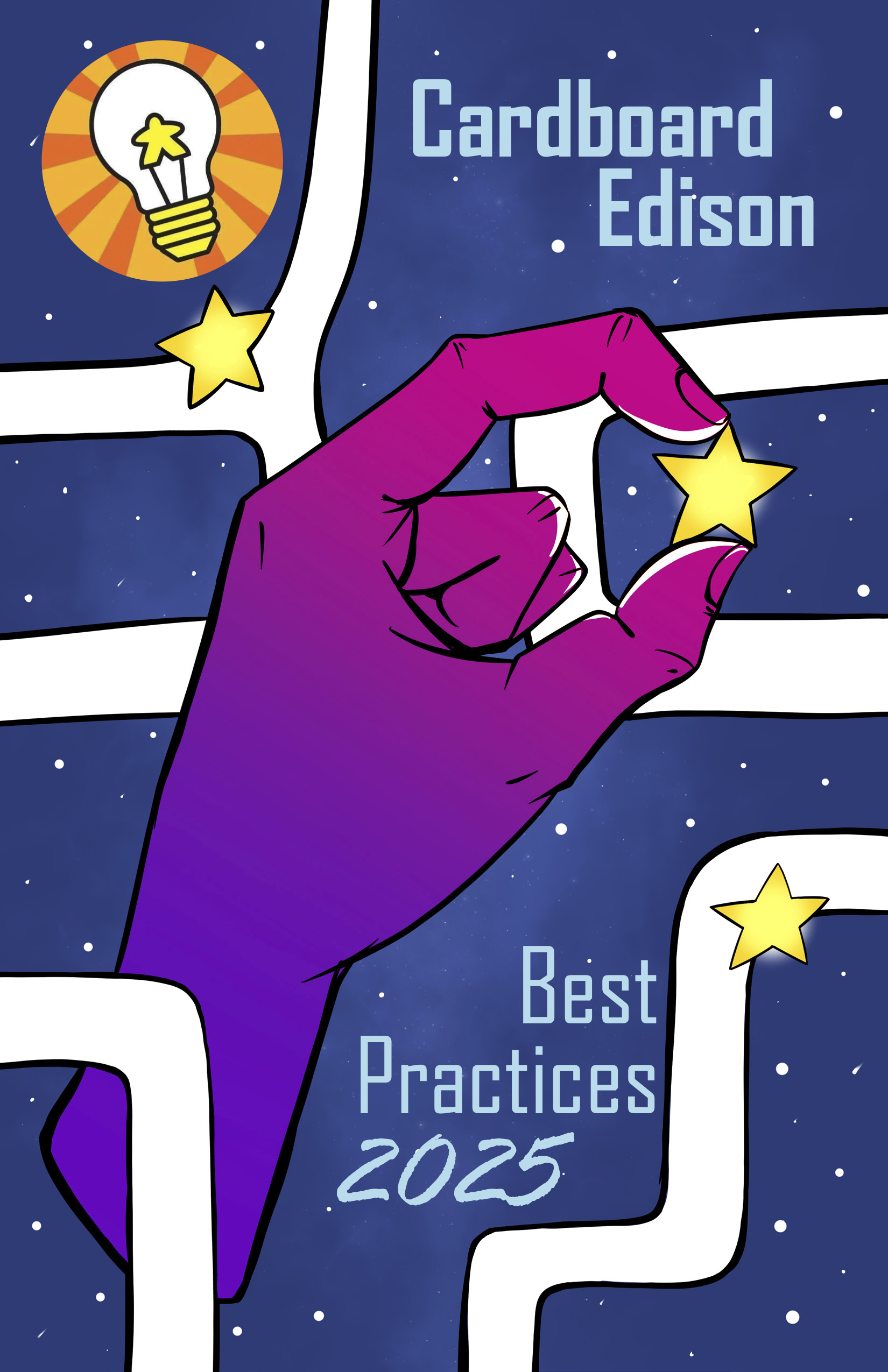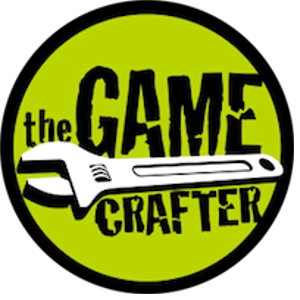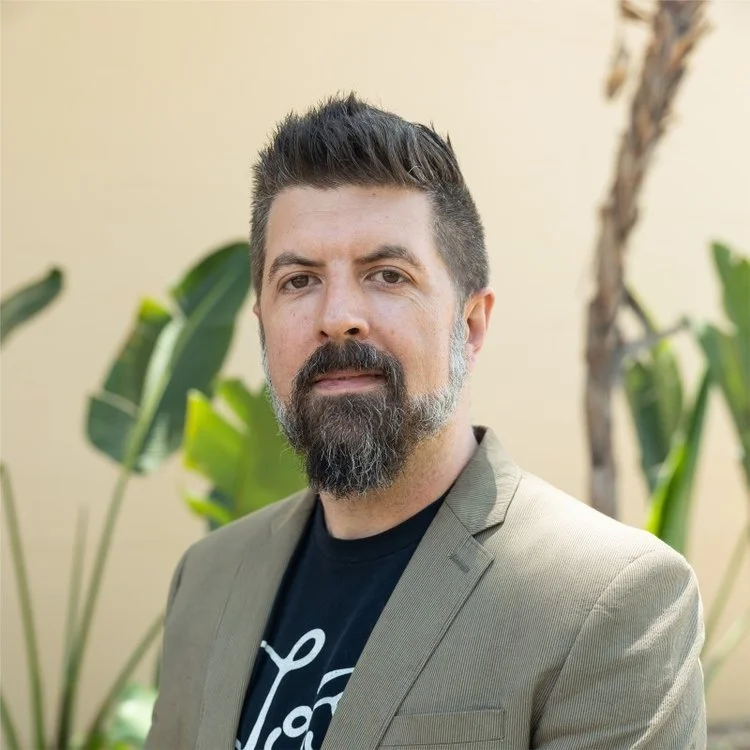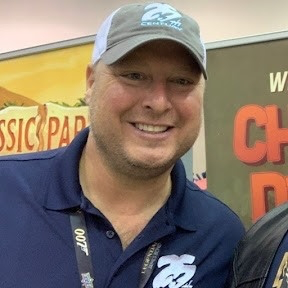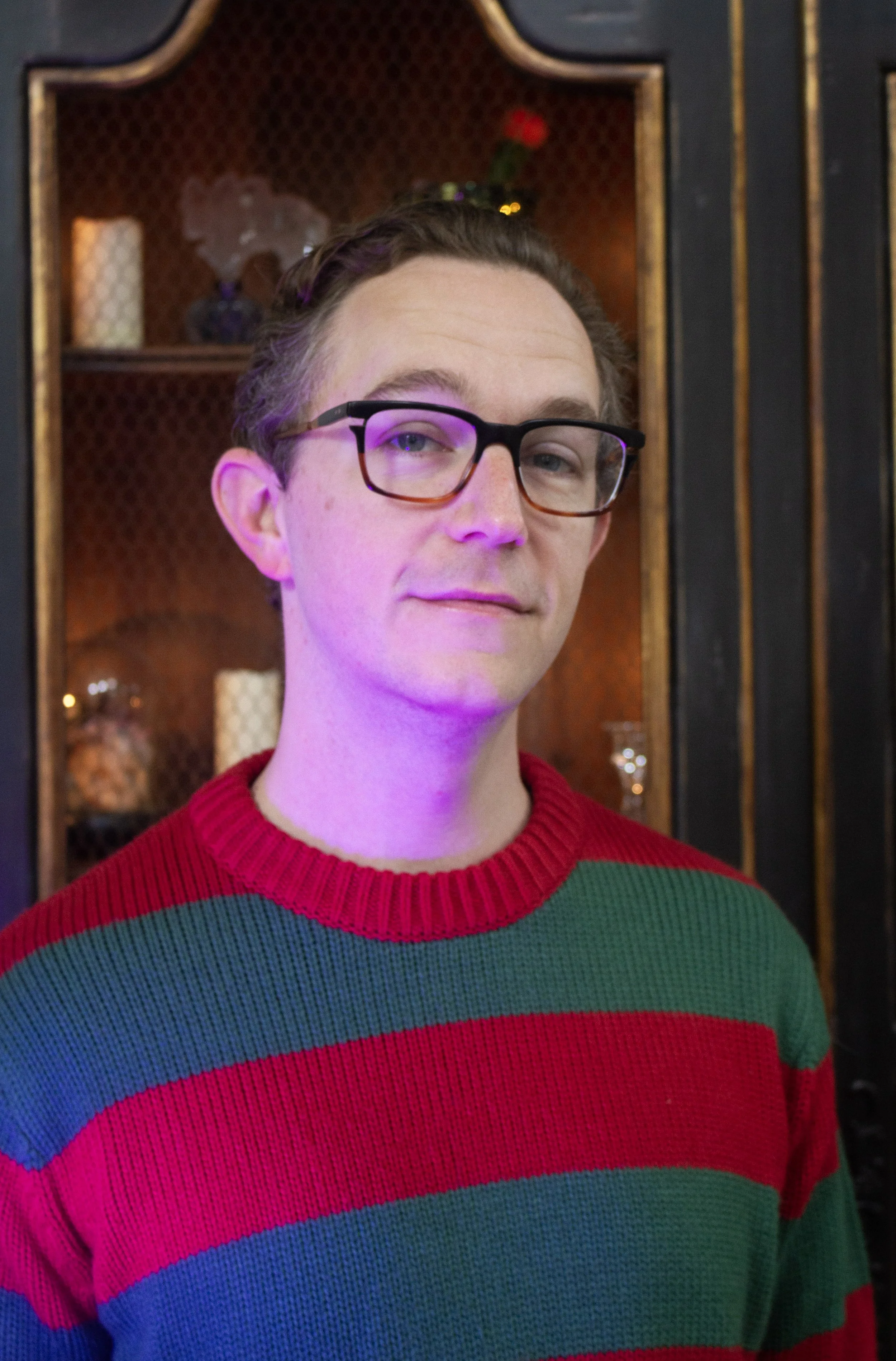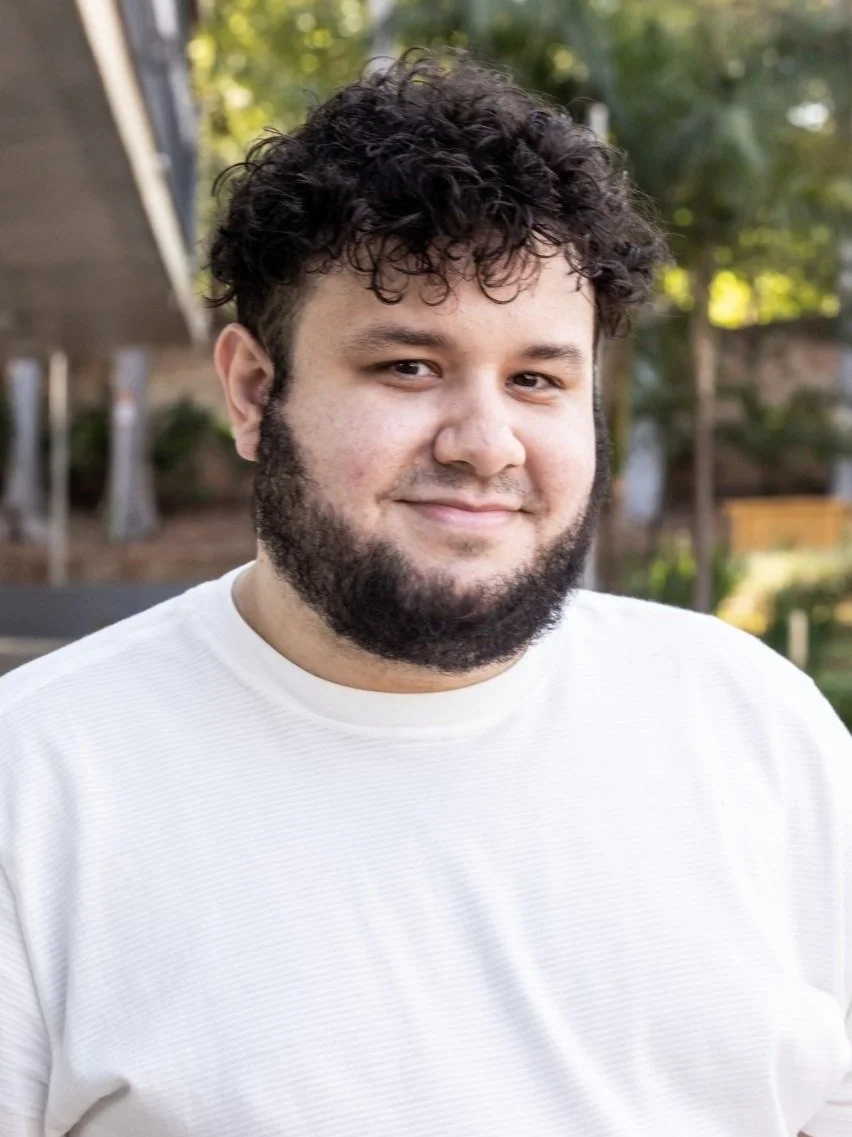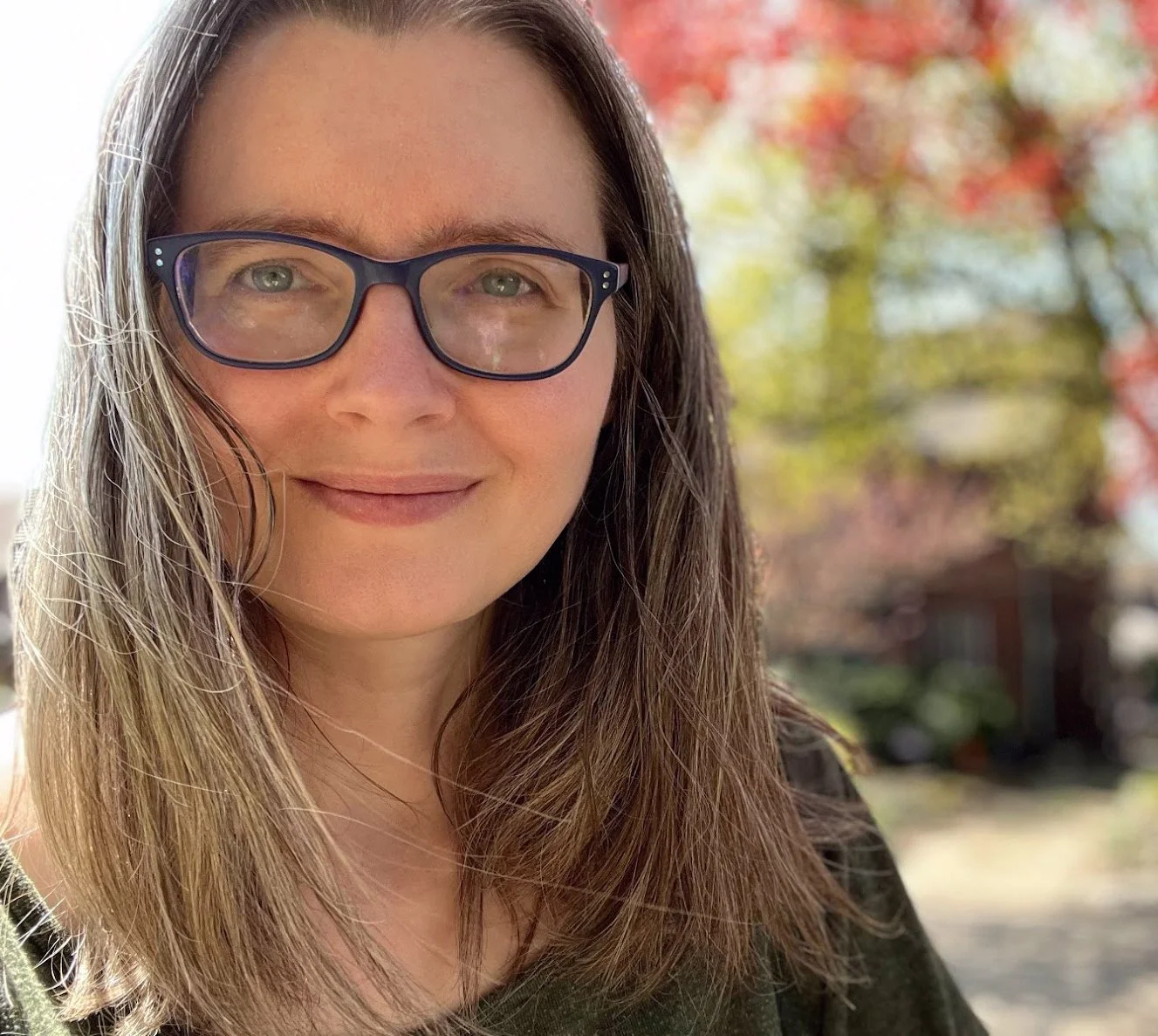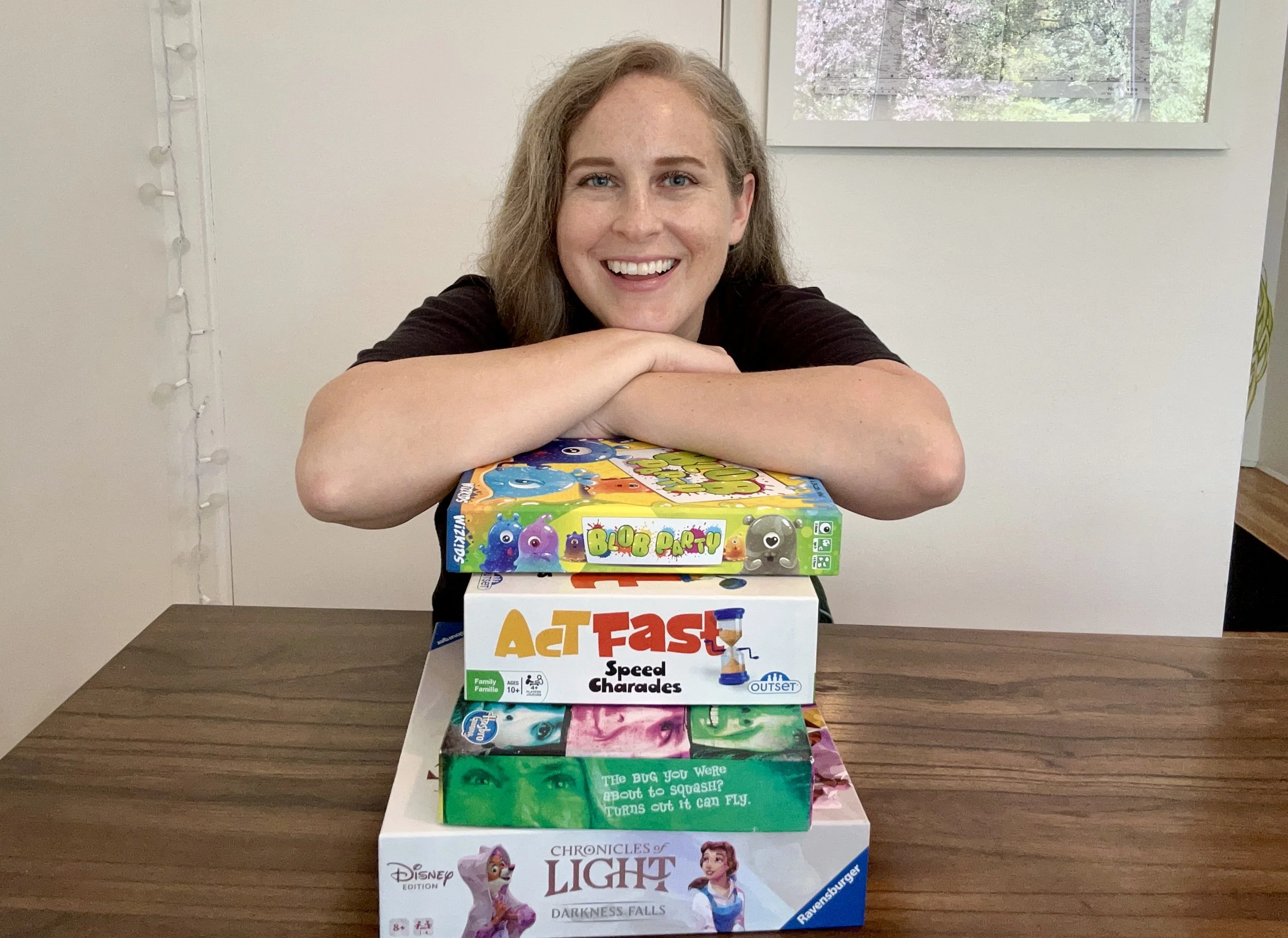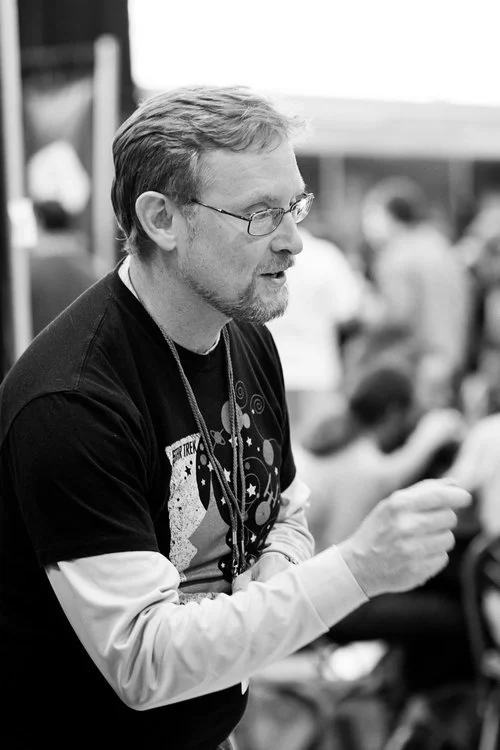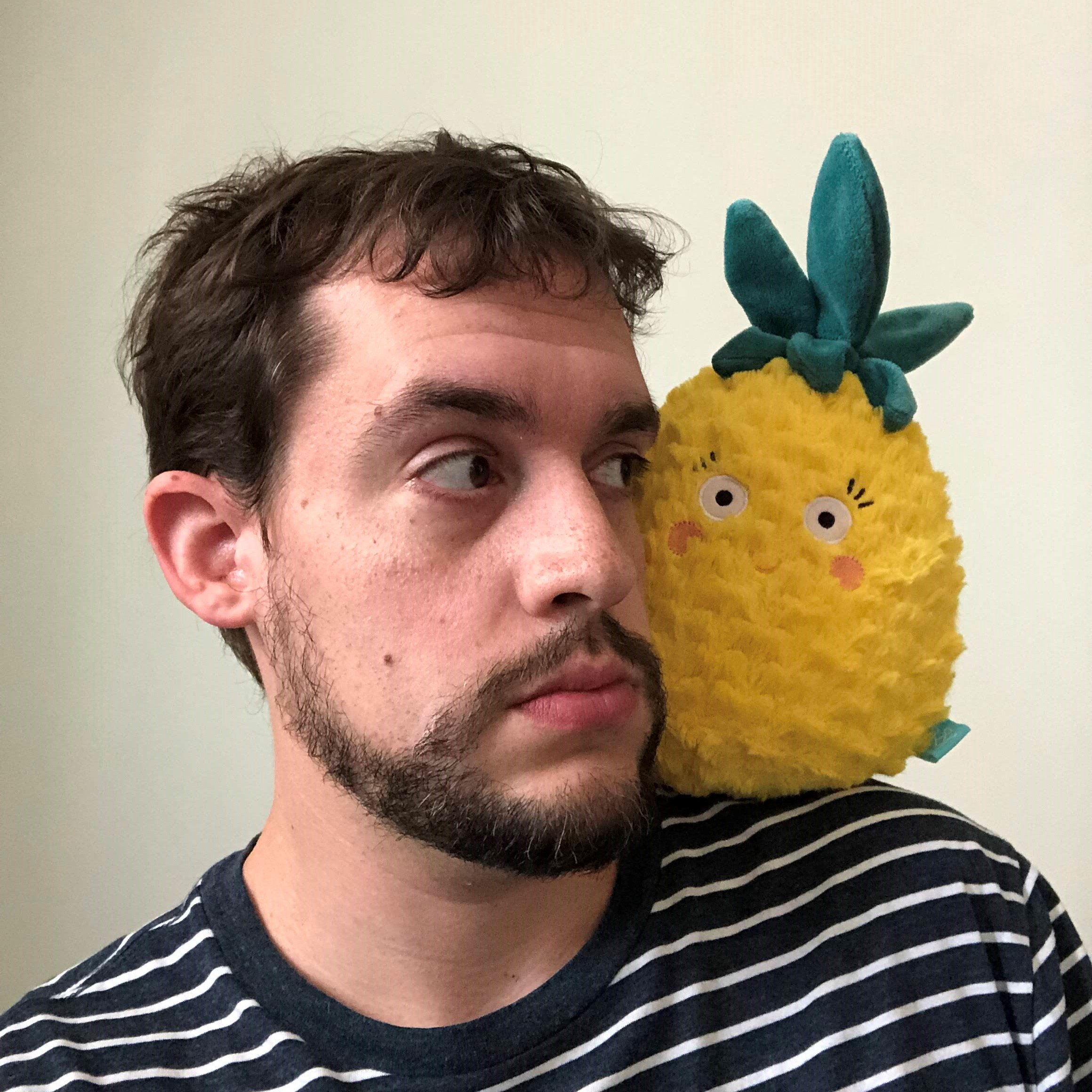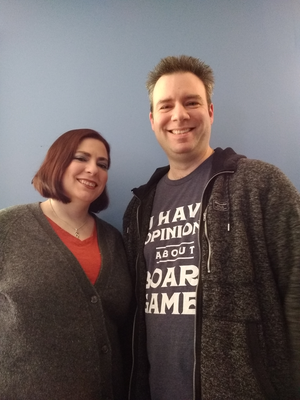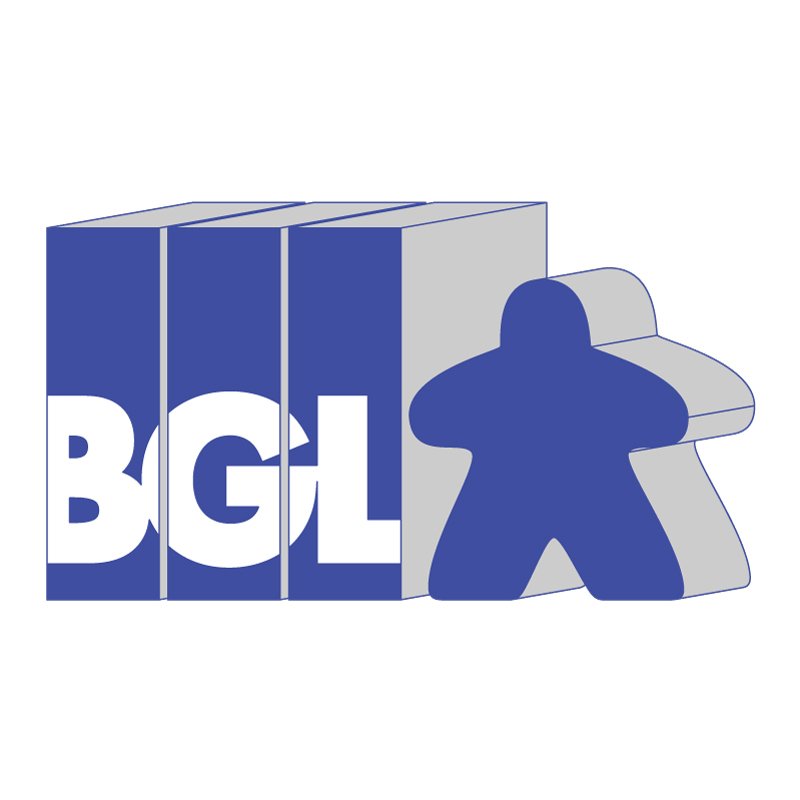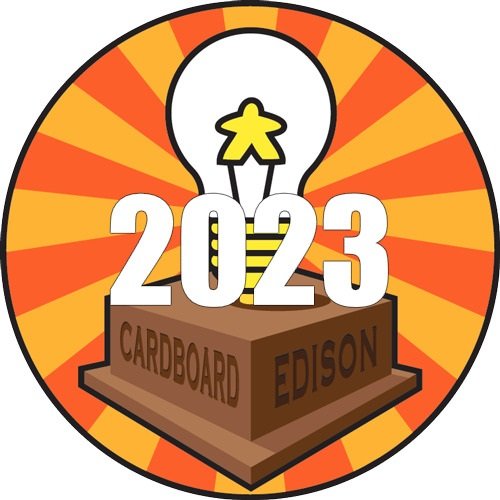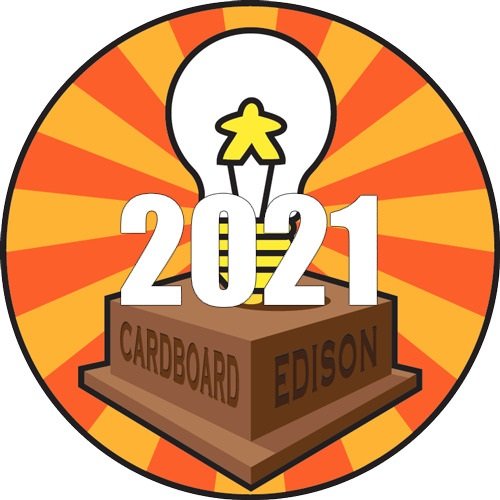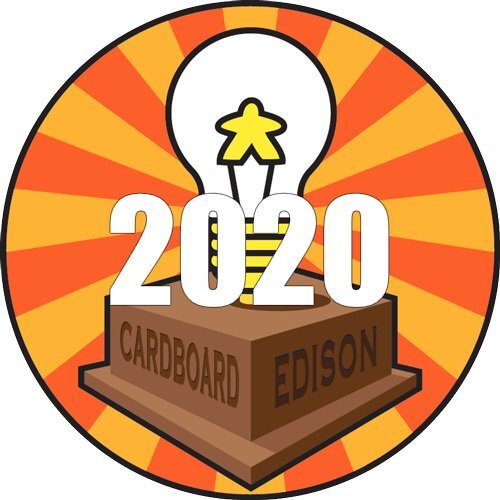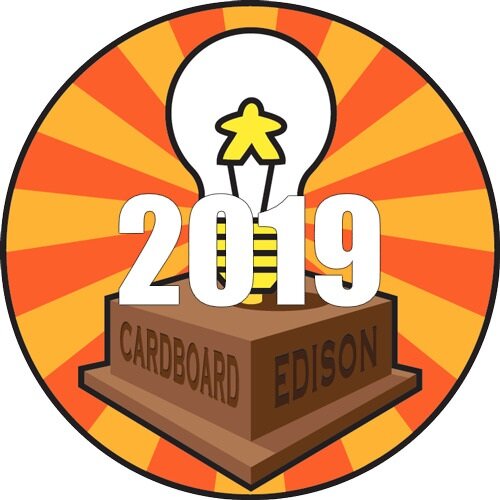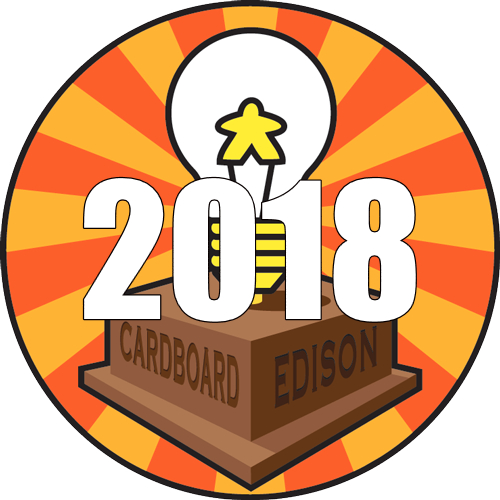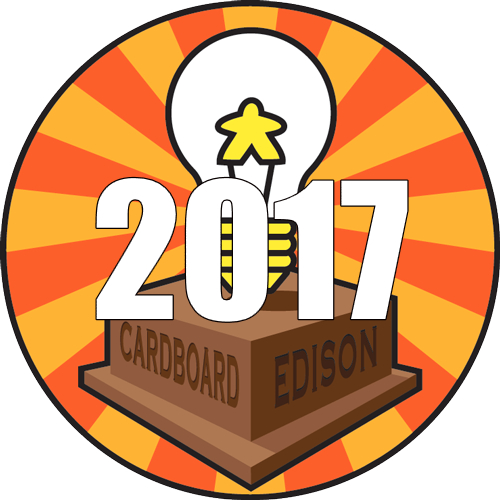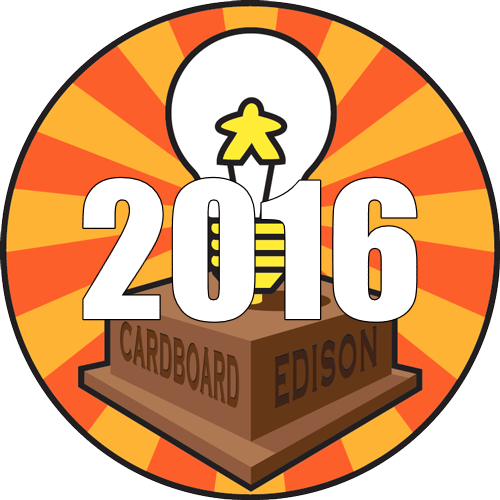Announcing the winners of the 2025 Cardboard Edison Award!
The Cardboard Edison Award recognizes great unpublished board games
Winner: Dot Com
Dot Com
Designer: Sammy Salkind
An app-assisted economic strategy game where your money is burned away in real time. Two players face off as startup founders in the booming internet industry of 1999, working to smartly structure their business, develop their product, and advertise their brand.
Dot Com designer Sammy Salkind
Judges’ comments on Dot Com:
“The game does a great job of replicating the hectic vibe of a startup, along with plenty of funny, winking implications of how that world works.”
“The gameplay was really smooth and tight. A perfect blend of light strategy and fun chaos from the time pressure.”
“Upon finishing I immediately wanted to play again. I felt overwhelmed, and confused, but joyously so.”
“It is easy to pick up and play but also offers layers of depth. There is so much strategy in this little game.”
“This was my #1 pick overall! We had a super fun time, and we wanted to keep playing.”
About the designer:
Sammy Salkind (he/him) is a game designer from Redmond, Washington. He started making board games for his high school senior project, and after becoming ingrained in the Seattle design community, he never stopped! Previously a game development intern at Ravensburger, Sammy is currently an assistant manager at a local game store. Dot Com came together thanks to feedback from many playtesters and support from his partner, friends, and family!
2nd Place: Babble
Babble is a strategic word-building game where builders are cursed to speak different dialects build a tower to the heavens. Judges called it a “fun twist on a spelling game” and “a really interesting word stacker.”
About the designer: Jonah Kagan is a first-time game designer from Berkeley, California. He has a background in crossword puzzle design, and recently dove into board games after finding the local Golden Gate Gamemakers playtesting group and Break My Game online playtesting group.
Jonah Kagan, designer of Babble
3rd Place: Branching Out
In Branching Out, players cooperate to grow and shape a beautiful 3D Bonsai tree together. Judges praised how the “cooperative play with hidden goals” created an “eye-catching 3D centerpiece.”
About the designers: Jeff Grisenthwaite hosts weekly virtual playtesting with Break My Game and has signed seven games with publishers that will start appearing on store shelves soon, including two previous Cardboard Edison finalists: Positano and Soothsayers. Eliot Michaels is a recent graduate from the University of Minnesota with a degree in Product Design. He aspires to make countless more fun and novel products in the realm of board games, furniture, clothing, and more.
Branching Out designers Jeff Grisenthwaite and Eliot Michaels
4th Place: Time to Line
Time to Line is a tableau- and deck-building game in which players design their own slot machines and compete to line up symbols to earn the biggest Jackpot. Judges noted how its “deck-building tableau-construction format” can lead to “big combo payouts.”
About the designer: Adam Zwain lives and works in Manila, Philippines. This year, not only did he release his first game and previous Cardboard Edison finalist, Night Market, but he also welcomed two new baby boys. Hopefully they will let him continue designing and playtesting his latest games!
Adam Zwain, designer of Time to Line
5th Place: Pip It
Pip It is a light-strategy dice-tossing game where the pip value facing you determines the strength of your actions. You'll need to balance dice manipulation and optimization to come out on top. Judges praised how it “adds strategy, dexterity and luck all in one” to create moments of “exciting action.”
About the designer: Jadyne "Jay" Bell is a game designer and graphic designer from southern Louisiana. He also works as a prepress specialist with Panda Game Manufacturing. Jay is credited on titles from Jack of Peace Games, Weird Giraffe Games, and Night Shift Studios. His design philosophy emphasizes memorable moments over calculated victories to create fun and unique experiences through games.
Jay Bell, designer of Pip It
Finalists
From 348 submissions, 21 games were selected as finalists for the 2025 Cardboard Edison Award
Athenia
Designer: Mark Holmes
A simultaneous, real time, plate reconstruction game.
Bearden
Designer: Keith Donaldson
A tactical dice-placement game where you compose artwork by drafting and positioning colorful Paint Dice on your canvas.
Chainbreakers
Designer: Kyle Cushman
A card drafting and contract fulfillment game about bike mechanics developing their skills and getting people back on two wheels, with an action selection system revolving around a rotating bicycle wheel.
Free Range
Designer: Pedro Ometto
Players are farmers strategizing and pushing their luck to organize their chickens in the best possible way.
Ice Hotel
Designer: Bob West
The Ice Hotel is melting! Rescue guests' luggage before your tips wash away!
Indie Alley
Designer: Mallory Hinks
A competitive card placement game where you play as a small-town indie band manager promoting bands by strategically placing posters in an alley.
Invasion
Designers: Amelie Le-Roche and Ashwin Kamath
A deduction/spatial puzzle game that pits Human versus Alien in a race for survival. The Human is trying to deduce what the alien symbols mean, while the Alien is trying to abduct Human cards.
Kingdom on the Rise
Designer: Piotrek Chojnowski
A competitive game where all contribute to building a shared kingdom that expands and rises up as all tiles stack up on three levels.
Molcajete
Designer: Hugo Labravo
Mix chilis in your molcajete (a traditional stone mortar) to make the best salsa. Other cooks may help you complete your recipe, but others might try to ruin it.
Produce Bazaar
Designer: Adam Eschborn
Set in a bustling farmers market, players strategically move two helper tokens around a circle of location cards to gain, trade, and get rid of produce.
Renaissance Fair
Designer: Leo Taylor
Craft your perfect modern-day Renaissance Fair, hire cosplay actors, attract the most guests, and host the most festive events in this midweight park-building game.
Slam Quest
Designers: Jay Bucciarelli and Phil Gross
In this cooperative game, you cannot speak, so the only method of communicating your cards’ power to your fellow adventurers is how forcefully you SLAM it!
Slopeside
Designer: Scott R Smith
Build your own fully functioning 3D ski resort from the ground up in this medium-weight game.
Theology
Designers: Manoj Gedela and Sabareesh Mamidipaka
A worker placement and area control game where each player takes on the role of an Ancient Indian God that is trying to become the most worshipped.
Triptych
Designer: Brooks Barber
Players’ goal is to complete a three-panel image with a shared slide puzzle that players manipulate through trick taking.
Wildcrafters
Designer: Katie Tam
You’re a budding apothecary competing to craft potions by foraging and filling your bottles with herbs, flowers, and berries to gain the most reputation before the Harvest ends.
Timeline for the 2025 Cardboard Edison Award
January 1: submissions open
January 31: submissions close
February: first-round judging
late February: finalists announced
April 1: finalist prototypes due
April: finalist judging
May: winners announced
Cardboard Edison Best Practices 2025
Our annual Cardboard Edison Best Practices booklet, filled with board game design tips and resources for every step of the process, is back!
evaluating playtesters’ feedback
improving your rulebook
making your prototype more usable with graphic design
setting design goals for yourself
and lots more!
Sponsors for the 2025 Cardboard Edison Award
Alpha Player Sponsors
Kingmaker Sponsors
Meeple Sponsors
Judges for the 2025 Cardboard Edison Award
Click for bios…
See the results from previous years’ Cardboard Edison Award
Rules for the 2025 Cardboard Edison Award
Submissions:
Submissions must include a brief description of the game, a 3-minute video overview, and a rules document, in addition to a $25 submission fee (or Patreon code). See the submissions page for full guidelines. Note: The 3-minute limit for videos is different from previous years’ contests.
Judging process:
Submissions will go through two rounds of judging.
First-round submissions will be judged based on engagement, originality of theme, and originality of mechanics. Finalists will additionally be judged based on engagement, smoothness of play, and fit for target audience. In both rounds, judges will consider how each game handles its theme.
Finalists will need to mail us a physical prototype for final in-person judging. Prototypes must be received no later than April 1.
All submissions will receive pitch feedback from the judges. Finalists will receive full playtest feedback from the judges.
One design will be chosen as the winner, at the judges' discretion. We may also name runners-up.
Restrictions:
To be eligible for the award, designs must not be publicly available through any retail, secondary, or print-on-demand market, including Kickstarter, before June 2025.
Designs may not be licensed to a publisher during the period of the award. Additionally, we ask that designers refrain from holding licensing discussions with publishers about any submitted design while it is being evaluated for the award.
Designers must be 18 years or older to enter.
Cardboard Edison Award judges and sponsors are not eligible to enter.
Designs must be original works that do not infringe on any intellectual property.
Board, card, and dice games are eligible. Sorry, no RPGs or videogames.
Designs should be complete and playtested before being submitted. Prototypes do not need to have final artwork or graphics, but they should be clear and usable.
All designs remain the intellectual property of the designers.
FAQs
Where can I find out more about how the award is run?
Check out the “Inside the Cardboard Edison Award” article that we’ve released. It goes super in-depth on the entire process of the award from start to finish.
Can non-U.S. designers participate?
Yes! There are only two restrictions. First, the rulebook must be in English, and the components must be either in English or language-neutral. And second, you must be able to mail a physical copy of the prototype to the U.S. if your design is chosen as a finalist.
Can I submit more than one design?
Yes, you may submit as many designs as you want, as long as you pay the entry fee for each.
Is the award only for new designers, or can published designers participate?
The Cardboard Edison Award is open to unpublished games from both new and published designers. As long as the game isn’t publicly available for purchase or licensed to a publisher while it’s in the contest, it’s eligible.
Is my design eligible if it’s going to be on Kickstarter?
Sorry, the award is for designs that aren’t available as a final product. That includes any games that are on Kickstarter (or any other crowdfunding platform) or will be before June 2025.
What if the design was released as a free print-and-play?
That’s fine, as long as it hasn’t been made available for purchase as a final product. But games that are available to purchase through print-on-demand outlets such as The Game Crafter or DriveThruCards aren’t eligible.
Why can't I discuss licensing with publishers while participating in the award?
Many of our judges are publishers, and they often express interest in designs that have been submitted. But to maintain the integrity of the judging process, we ask judges not to reach out to designers whose games are in the running. So we ask designers to politely hold off on any licensing discussions with publishers until everyone can approach the games on the same ground.
How finished does the game have to be?
There’s no hard and fast rule, but we expect that you’ll have thoroughly playtested the game and that it’s complete, or close to it, before submitting it. Complete games will naturally score better with the judges.
I submitted my game to the Cardboard Edison Award in a previous year. Can I submit it again this year?
Yes, as long as the game has undergone changes since then. We also strongly suggest making a new pitch video that represents the current version of the game.
What if my game was a previous finalist? Can I re-submit it?
Finalists from prior years may re-submit their game if the changes made in the interim are substantial enough to make it a different game.
Is it OK if I know some of the judges personally?
Yes. To head off any conflicts of interest, each submission will be reviewed by multiple judges, and we'll aim to have judges review submissions by designers they don't know.
Why is “originality” one of the judging criteria?
Thousands of new board games are released each year, and we want to highlight games that bring something new to the table.
Why do I have to make a video?
Video submissions have been used to great effect in game design contests (including ours), and we think it's the best way of letting you highlight what's interesting about your game. In addition, many publishers request video overviews as part of their pitching process, so we think it’s good practice for designers!
What needs to be in the video?
Use the video to tell us about the game and how it plays. Give a sense of what players do in the game, and highlight what makes it unique and engaging. You don’t need to provide a full rules explanation or playthrough. And keep it brief. No more than 3 minutes. (And shorter is better.) Your video can be as simple or complex as you wish, but we won't be looking at the video's production values when we evaluate the submissions.
Do I need to be in the video?
No. If you'd rather not have your face or voice appear in it, your video can describe the game using visuals and text. One option we'd recommend looking into is Adobe Spark Video.
What if the video is more than three minutes long?
We tell judges to not feel obligated to keep watching past the three-minute mark.
What will the submission fee be used for?
The submission fee will help offset the costs of the award itself. The most significant expense will be the final judging events. Judges need to eat! Neither we nor the judges are paid for doing the award. In the interest of transparency, we would add that over the first nine years of the award, we’ve come out more or less break-even financially. We aren’t doing this for the money!
Can I get the submission fee waived?
If you would like to apply for a waiver to the submission fee, email us at cardboardedison@gmail.com.
Will I get feedback even if my design isn't chosen as a finalist?
Yes! We will pass along pitch feedback from the judges that evaluate your submission.
How many finalists will be chosen?
We will select between 10 and 20 finalists in the first round of judging. We also might give some games honorable mentions.
If my game is chosen as a finalist, can I make changes before sending in the prototype?
Yes! We hope the judges’ feedback helps you refine your game in time for finalist judging. We also strongly suggest that finalists run an unguided (blind) test of their rulebook before sending in their prototype.
What do I get if I win?
We created the Cardboard Edison Award to recognize great unpublished game designs. We’ll promote the winning designs on our website and through social media. Also, the winners can use the award logo in any marketing materials for their design. In addition, all finalists will receive in-depth, detailed feedback from the judges’ panel.
What has happened to previous winners?
2016: The Blood of an Englishman, published by Renegade Game Studios
2017: Castell, published by Renegade Game Studios
2018: Animal Kingdoms, published by Galactic Raptor Games
2019: Umbra Via, published by Pandasaurus Games
2020: The Transcontinental, successfully Kickstarted; Octochef, currently unpublished
2021: Winter, published by Devir; Surf’s Up, published by The Op as The Perfect Wave; Octopus Scramble, to be published by Sit Down! as Octocube
2022: Capetalism, published by The Op as Stalk Exchange; Roux Mates, currently unpublished
2023: Diatoms, successfully Kickstarted
Can I get my prototype back after final judging?
Yes, we can send your prototype back to you or to a third party, if you like. We’ll return or forward any prototypes as long as the designer lets us know within a month of the contest ending.
